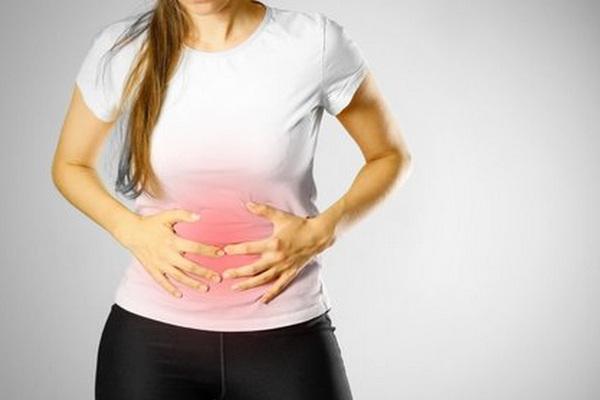Зміст
The name “colitis” hides a whole group of ailments. They are characterized by a variety of causes and symptoms that can have serious consequences for the health and life of the patient. This is a condition that should not be taken lightly. What factors increase the risk of developing the disease? What are the types of colitis? How is this condition treated? When is the intervention of a surgeon necessary? Why is a properly balanced diet important for colitis?
Colitis types
Colon inflammation can be caused by many factors. The disease develops in the body under the influence of viral, parasitic and bacterial factors, as well as factors whose root causes cannot be accurately diagnosed.
Colon inflammation can take place in two stages. We distinguish between chronic and acute inflammation. Genetic, immunological or environmental predisposition may also be the cause. Determining the exact source of the disease is a huge problem for doctors. This is a complex, time-consuming and often impossible task.
Colitis causes
Colitis can be caused by many. However, doctors cite immunological causes as the most common. In most patients, this inflammation is an autoimmune disease, that is, one that causes the patient’s immune system to react violently to bacteria or food, which is not usually a digestive problem. Then an immune response begins, leading to damage to the intestinal epithelial cells and the formation of erosion, pseudolipids and thickening of the intestinal walls.
Food also influences the appearance of inflammation in the body. Poisonous mushrooms, foods containing pesticides and food allergens such as milk, eggs, certain fruits and vegetables, nuts and legumes can do the most damage. Another group of factors that can cause colitis are parasites and certain medications used by patients. Those most at risk are those who take antibiotics and do not take probiotics. It is these drugs that can disrupt the integrity of the intestinal mucosa.
What are the symptoms of colitis?
The symptoms of this condition vary, and their occurrence may change over time. Moreover, their intensity can also confuse the doctor making the diagnosis. However, as the disease progresses, symptoms worsen severely, making it difficult for the patient to function daily. The main symptoms of colitis are: severe abdominal pain, diarrhea, constipation, bleeding from the anus or blood in the stool, anorexia leading in extreme cases to dehydration, weight loss due to inadequate absorption of nutrients, fever, body weakness. These symptoms will vary depending on the specific factor causing the inflammation.
Colitis treatment process
The severity of the disease and the patient’s overall health play a critical role in the treatment of colitis, as with many other medical conditions. If the diagnosis is made in the early stages of the disease, medical treatment is possible. This type of treatment is used for the chronic form of the disease, where the main goal of treatment is to stop the spread of inflammation.
Doctors usually recommend taking several types of drugs: from the group of aminosalicylates, which are preventive, anti-inflammatory glucocorticosteroids and immunosuppressants, which reduce the reactivity of the immune system. Surgery may be required if medication is unsuccessful or the doctor eliminated the disease too late.
A Properly Balanced Diet Is the Key to Success

A very important part of treatment is paying attention to the foods you eat while you are sick. The patient should pay particular attention to diet and change eating habits. People with colitis are advised to switch to an easily digestible diet without spicy or fried foods. The patient should also avoid all types of cold cuts, venison, pork, fatty poultry and beef.
Food should be eaten in a seated position, and the pieces of food should be chewed thoroughly and swallowed calmly. You need to eat food 3–4 times a day. An important part of the diet is hydrating the body and avoiding stimulants such as alcohol, coffee, or strong tea. It is best to discuss precise dietary advice with your doctor and tailor your diet during treatment – yes,








